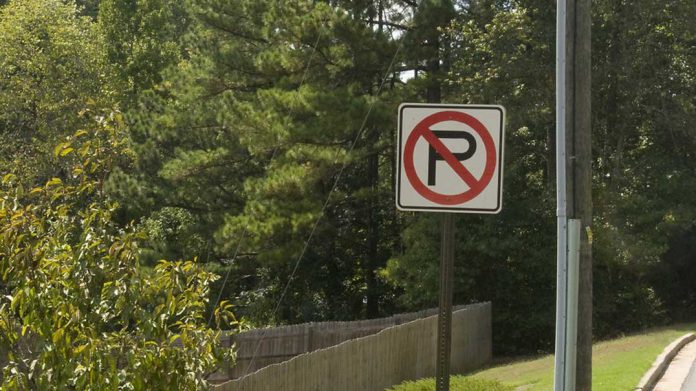GORDON—The members of the Gore Bay Transfer Station/Landfill Site Committee have had their request to the Ministry of the Environment and Climate Change (MOECC) to allow for fewer water tests being done on wells located in the former landfill site (as tests have shown no adverse affects of leachate moving off the site, and many of the wells have dried up and have no water) turned down. A reduction in the testing would have meant a significant cost reduction for the participating municipalities, the Recorder has learned.
Steven Moggy, environmental officer with the MOECC Sudbury District office, told the Recorder a memo had recently been sent to the Town of Gore Bay. “Ministry staff recently provided the township with comments regarding the closed Gore Bay landfill. The ministry has concerns about the ongoing possibility of leachate migrating from the site. The ministry is requiring the town’s ground water monitoring efforts to continue without any reduction until we can ensure that the impact of any leachate coming from the landfill is addressed.”
“For the former landfill site we had requested that the MOECC allow us to reduce the amount of testing we have to do on the site,” said Gore Bay Councillor Jack Clark, chair of the transfer station/landfill site committee. He noted the former landfill site was closed in 1999. “We anticipate we will have to keep doing the same amount of tests but had had hoped to have this reduced, as tests in the past have shown no adverse affects.”
Pentti Palonen, a member of the committee, further explained, “we had asked for the testing, which is done annually and has in the past twice a year on the wells at the site, to be reduced to once a year. Some of the wells are not in good shape because they are plugged, there is no water coming out of them.”
“A lot of the wells are in poor shape, as they do not have any water,” said Mr. Palonen. “And our consultant has told us that things don’t change much there from year to year as the water is migrating very, very slowly; he feels we are probably sampling the same water on a regular basis.”
“And none of the chemicals found in the water samples are hazardous. Iron and manganese in very small amounts are something that you would probably find in every well on Manitoulin Island,” said Mr. Palonen. “We feel it would be right to do the water testing say every five years instead of every year.”
“And if that was allowed it would cut the costs we are providing for water testing at the site substantially,” stated Mr. Palonen, “with less engineering and consultant water testing bills.”
“The engineers have told us there is nothing out there (at the former landfill site) that would create problems,” said Mr. Palonen.
Mr. Palonen explained the committee had been requested by the ministry to garner contracts with private owners around the site (the original attenuation zone around the dump) to have further tests done there, but the property owners are not going to provide easements.
“If we have to keep monitoring the wells at the site we are looking at a cost of approximately $15,000 a year and this could go on forever,” said Mr. Palonen. “But the tests are producing the same results that there are no problems.”





